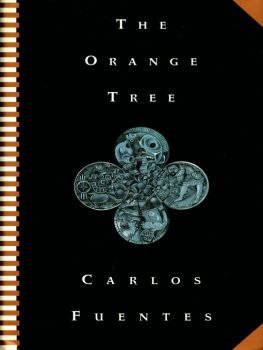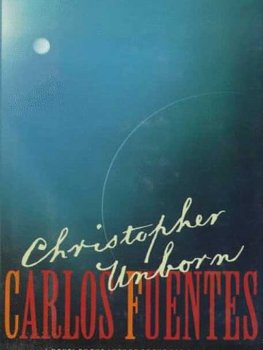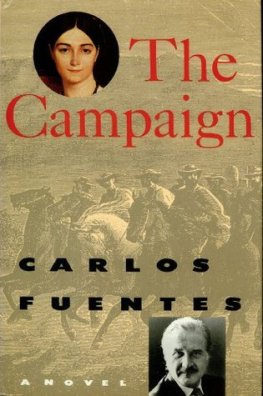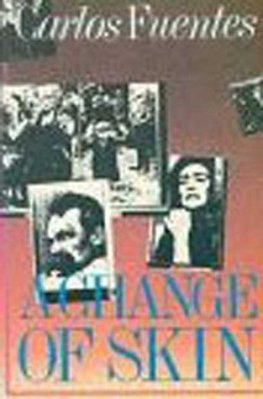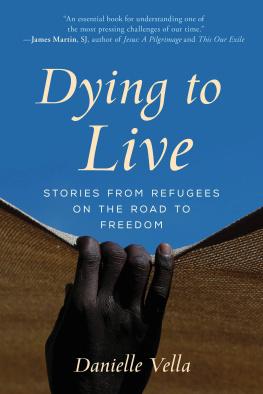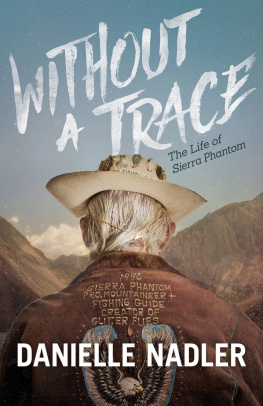2020 by the Board of Trustees
of the University of Illinois
All rights reserved
Publication of this book was supported by the Santa
Clara University Provosts Office Publication Grant.
Library of Congress Cataloging-in-Publication Data
Names: Morgan, Danielle Fuentes, 1983 author.
Title: Laughing to keep from dying : African American satire in the twenty-first century / Danielle Fuentes Morgan.
Description: Urbana : University of Illinois Press, [2020] | Series: The new Black studies series | Includes bibliographical references and index.
Identifiers: LCCN 2020012144 (print) | LCCN 2020012145 (ebook) | ISBN 9780252043390 (cloth) | ISBN 9780252085307 (paperback) | ISBN 9780252052279 (ebook)
Subjects: LCSH: African Americans in mass media. | American literatureAfrican American authorsHistory and criticism. | Satire, AmericanHistory and criticism. | Literature and mental illnessUnited StatesHistory21st century. | African AmericansRace identity. | African Americans in popular culture. | African Americans and mass media. | African AmericansIntellectual life.
Classification: LCC P94.5.A372 U5635 2020 (print) | LCC P94.5.A372 (ebook) | DDC 302.23089/96073 dc23
LC record available at https://lccn.loc.gov/2020012144
LC ebook record available at https://lccn.loc.gov/2020012145
ACKNOWLEDGMENTS
A host of kindness made this book possible. To begin, I must first thank the people I encountered at Cornell University. The staff at the Africana Studies and Research Center, particularly Eric Kofi Acree, Saah Nue Quigee, and Sarah Powers, were vital. They took an interest in this project at its inception, offering warm smiles on blustery days and books I would not have discovered otherwise. Thank you for the home away from home. Mari N. Crabtree, Jesse Goldberg, and Christine Xine Yao, I am so grateful for your friendship. Your suggestions and insights make me a more thoughtful writer and our fellowshipin person or across the milesmakes me a more thoughtful person. Gratitude, gratitude, gratitude.
Rich Richardson told me to write about what I love. Without that encouragement, I may not have fully imagined this project. George Hutchinson was critical in keeping the historical at the forefront of the twenty-first century. His framing was instrumental. I thank Dagmawi Woubshet for continuing to inspire me personally and professionally. He shows me how to make space for my whole self in my life and in my writing. I leave conversations with him and only see beautiful possibilities for Black futures. Margo Natalie Crawford is the prototype. I was lucky to sign up for her class in year one and to study under her, to read her words, to pick her brain, and to bear witness to her grace and brilliance; I am blessed now to call her my friend. She is the scholar I hope to be when I grow up.
I am so fortunate to have found community at Santa Clara University. I am thankful for the support of my colleagues in the English department and throughout the university more broadly. Terry Beers, Phyllis Brown, Michelle Burnham, Esther Ruth Cardona, Matt Driscoll, Marilyn Edelstein, Dennis Gordon, Jackie Hendricks, Miah Jeffra, David James Keaton, Michael Lasley, Maggie Levantovskaya, Claudia McIssacs, Aparajita Nanda, Margaret Russell, Brody Sandel, Maura Tarnoff, Robin Tremblay-McGaw, Veronica Miranda, Juan Velasco, and Mike Whalen have offered support and encouragement in a variety of ways throughout the writing process, from reading drafts to suggesting additional texts to inviting me to lecture on portions of the book. Julie Chang, Eileen Elrod, and Brett Johnson Solomon have been generous mentors, offering critical insights, helping me to navigate the university, and keeping me on course. Katy Bruchmann, Amy Lueck, and Julia Voss are dear and true. I appreciate the spaces weve eked out for commiseration and celebration during the process. Thank you for that and more.
C. J. Gabbe, Robin Nelson, and Chan Thai were my first friends way back at new faculty orientation, and Im so thankful to walk beside you. I am gratified by the love and support youve shown. Without fear of hyperbole, I know I couldnt have done this without yall. To my Culture, Power, Difference Working GroupAldo Billingslea, Jesica Fernndez, Allia Griffin, Tony Hazard, Mythri Jegathesan, James Lai, Cruz Medina, Anna Sampaio, and Christina Zanfagnathank you. The wisdom, perspectives, and laughter youve shared with me are invaluable. Ive never been a part of the cool kids before, and I am so grateful for our little family.
The students in my African American Comedy course energized my thinking and my writing. In particular, Kelli Bates, Sianna Bethune, Matthew Bettencourt, Maggie Debrovner, Gabrielle Deutsch, Philip DiBoise, Azariah Joel, K. J. Lee, Perla Luna, Lindsey Mandell, Kimmie Meunier, Djenanway Se-Gahon, Derek Sikkema, Sarah Tarter, and Rachel Wiggins opened up new, comprehensive realms of inquiry that made this a stronger book. Special thanks to Julia Joyce and Jasmine Rovaris for their critical work as research assistants, and to Austin Gray for his thought-provoking questions and ideas that helped invigorate my thinking and refine my writing.
Initial funding through Cornell Universitys American Studies Research Grant allowed my archival work at the Schomburg Center for Research in Black Culture in Harlem, New York. Thank you to the National Museum of African American History and Culture in Washington, D.C., for the opportunity to visit and the space to think. A summer grant from the SCU provost and the University Research Committee allowed me the opportunity to benefit from guidance and feedback from Katie Van Heest, whose insights made for a more polished book overall. I am also deeply indebted to the Santa Clara University Center for the Arts and Humanities for the opportunity to serve as the Frank Sinatra Faculty Fellow and work with W. Kamau Bell. I am thankful to both Kamau and Melissa Hudson Bell for their friendship and for conversations that took comedic theory to practice and opened up new ways of thinking about satiric possibilities.
I owe a debt of gratitude to the University of Illinois Press and especially to Dawn Durante for believing in and shepherding this project. Her insights were fundamental, her guidance invaluable, and her thoughtfulness treasured. Alison Syring saw this book to the end with generosity and care. Walt Evanss final edits and Lisa DeBoers work on the index were essential. Thank you to my reviewers for their incisive feedback. I am also grateful for those who have offered direction and inspiration along the path to completing this book. GerShun Avilez, Daphne Brooks, Caroline Brown, Brittney C. Cooper, James J. Donahue, Treva B. Lindsey, Derek C. Maus, Sheila Smith McKoy, Myra Mendible, W. Jason Miller, and Roy Prez were teachers, editors, advisors, and role models. They supported me in ways large and small since this project began.




